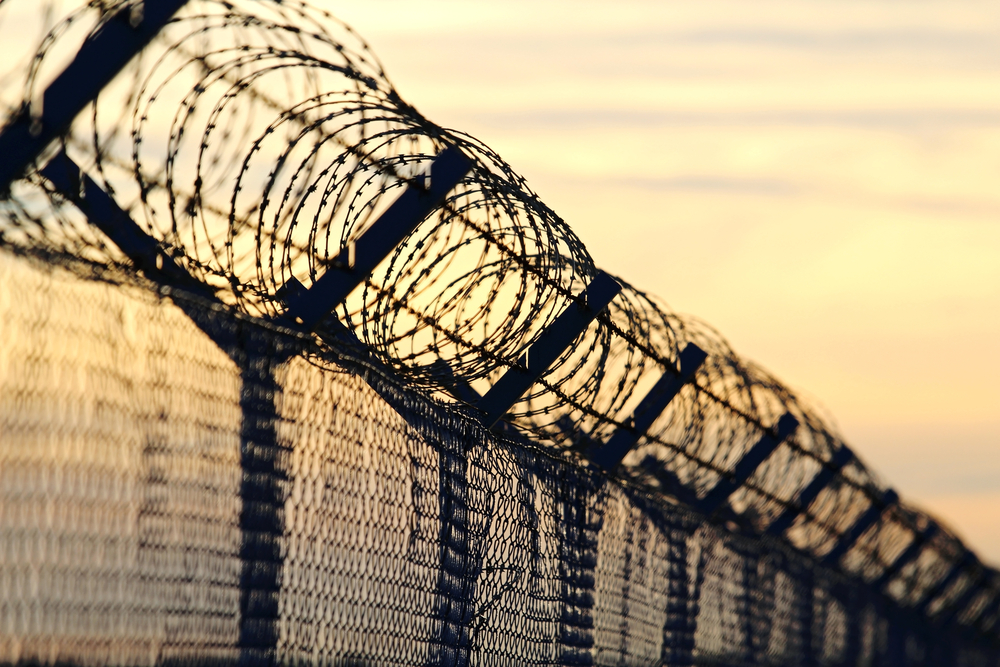The first line of defence
At the nexus of economic and security at borders exists the potential to change the paradigm in fragile and conflict-affected situations
Borderlands are prone to armed violence caused by internal state conflicts, transnational terrorism, organised crime and inter-state conflicts. Approximately 30% of armed incidents occur within 50 kilometres of the border.
In fragile and conflict-affected situations, both state and non-state actors recognise the economic potential of the border. They compete to organise the circulation of people and goods and impose taxes on cross-border movements as the easiest, most effective form of collecting revenue. The difficulties inherent in cooperation among government agencies inside the country and across borders benefit non-state armed groups economically, tactically and strategically: armed groups can install new forms of governance based on violence and sometimes extreme ideologies, and can delineate new spaces of governance or even new – official and unofficial – borders, as happened in the Sahel belt and in Latin America.
The border also plays a social role in the local community. Cross-border trade is a liberal activity and provides easier access to economic opportunities. In addition to supplying goods, smugglers create job opportunities and may enjoy strong social recognition. Informal trade and smuggling are therefore deeply embedded in border communities.
Some borders have become more fragile than others. For decades, states, along with donors, have focused their investments on major points of entry or regional corridors and neglected remote border areas where cross-border flows are relatively minor. However, neglecting the serious political and economic impacts of these distant borderlands on the security of countries and regions may lead to the resurgence of grievances of the local population, instability and the use of violence, making them fertile ground for non-state armed groups. The local wealth circulation in remote borderlands, no matter how small on a national scale, is still important for those local communities and can generate a national and regional security crisis in the medium term.
Inadequate state responses
Current state security responses are often inadequate. Securing borderlands in fragile and conflict-affected situations while ignoring the economic rationale underpinning them often leads to failure. The border economy and the role of taxation must be fully embedded in national security policy at fragile borders.
Borders should remain open to maintain the livelihood of border communities and build trust between them and the state in order to counter insurgencies and encourage the local communities to cooperate with the government in the fight against terrorism. Governments should support customs to operate in fragile borderlands with a view to ensuring a state presence that is not purely coercive but that also fulfils an economic mission.
As the first line of defence at borders, customs administrations function as an interface between border security and the border economy. In addition to preventing the illicit trafficking of prohibited and restricted commodities that may serve the activities of armed groups, such as weapons, explosives and their precursors, customs ensures the deployment of economic missions that are critical in fragile borderlands. Customs facilitates cross-border trade, implements fair revenue collection and adapts anti-smuggling policies to reflect local conditions and needs. Through locally tailored measures based on its deep local knowledge, customs facilitates equal access to economic opportunities for all, preventing rent-seeking behaviours and the concentration of trade by a local elite, which often leads to local grievances.
In fragile and conflict-affected situations, customs should therefore operate under safe and secure conditions. In conflicts, customs border crossing points are often attacked first because of their location, as well as their political and economic functions. Border crossing points and customs offices should be recognised as critical state infrastructure and protected accordingly. Customs personnel should be trained and equipped to be interoperable with other security forces.
Another important mission for customs administrations during the active phase of any conflict is to facilitate the export and import of humanitarian aid in the affected areas, while monitoring potential leakages of exempted goods on the market as well as fighting revenue fraud.
An effective presence
An effective customs presence at fragile borders sends a strong political message regarding the visibility of the civilian state despite insecurity. In many developing countries, customs revenues still amount to between 20% and 50% of the national budget. Keeping fragile borders open and maintaining a customs presence to ensure social peace and prevent the diversion to illicit trade and recruitment of the local population by non-state actors are critical. Thus, embedding the border economy dimension and the work of customs in security policy is an important shift, without which the (re-)establishment of peace and security at borders remains at risk.












